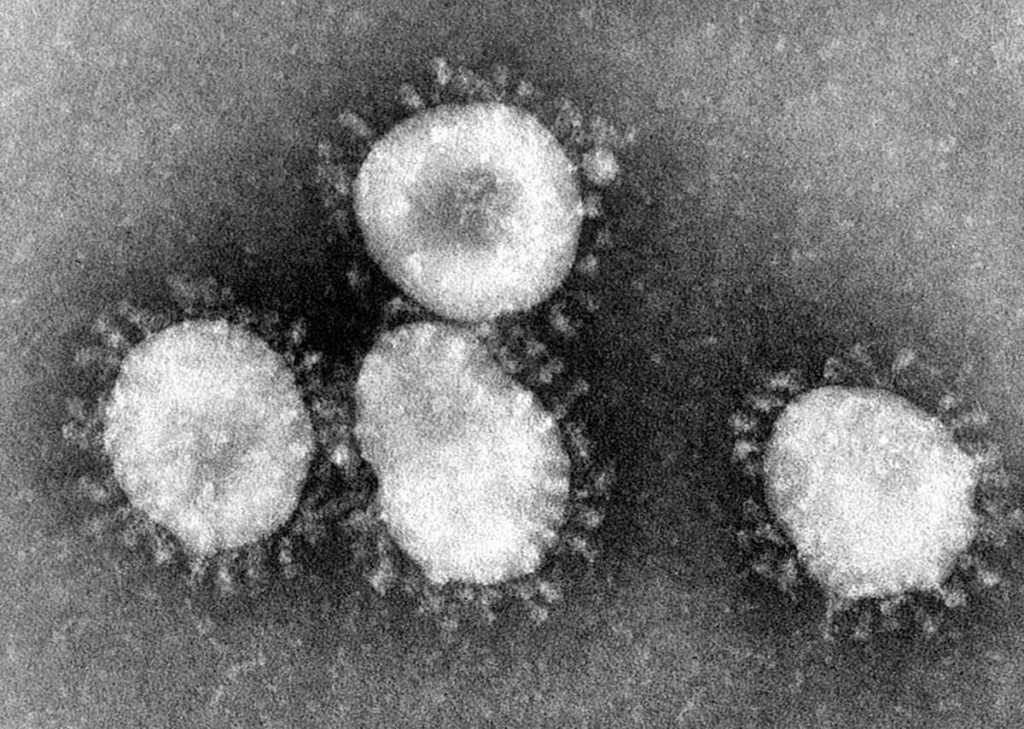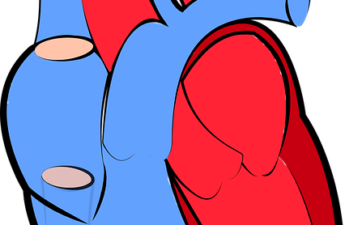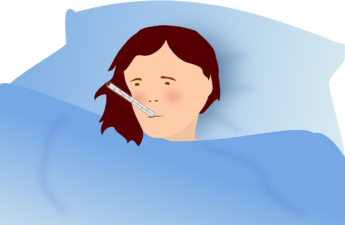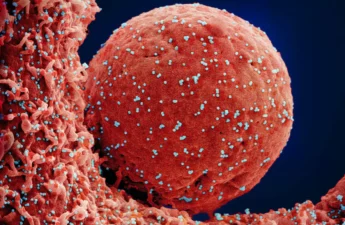
Health officials are monitoring 50 people in Washington state who had close contact with a man who was diagnosed earlier this week with the new coronavirus infection after returning from a trip to Wuhan, China where the outbreak was first detected, Washington State Department of Health said Friday.
“We know that the patient traveled to Sea-Tac on January 15th before he became ill. We are notifying other people from Washington who were sitting close by the patient on the airplane in an abundance of caution,” the department said.
The man who tested positive for the new virus, 2019-nCov, remains in satisfactory condition at Providence Regional Medical Center in Everett.
Officials are also looking at several other people who have fallen ill to see if they are also infected. They noted that respiratory illnesses are very common this time of year.
According to the U.S. Centers for Disease Control and Prevention [CDC], patients with confirmed 2019-nCoV infection have reportedly had mild to severe respiratory illness with symptoms of:
- Fever
- Cough
- Shortness of Breath
CDC believes at this time that symptoms of 2019-nCoV may appear in as few as 2 days or as long as 14 after exposure
There are steps people can take to reduce their risk of getting any viral respiratory infections. These include:
- Wash your hands often with soap and water for at least 20 seconds’
- Avoid touching your eyes, nose, or mouth with unwashed hands’
- Avoid close contact with people who are sick
- Cover your mouth and nose with a tissue when you cough or sneeze, then throw the tissue in the trash and wash your hands
- Clean and disinfect objects and surfaces
It is also important for people to stay at home away from others if they are sick.
DOH has established a call center to address questions from the public. If you have questions about what is happening in Washington state, how the virus is spread, and what to do if you have symptoms, please call 1-800-525-0127 and press #.
More information on 2019 novel coronavirus is available from:


